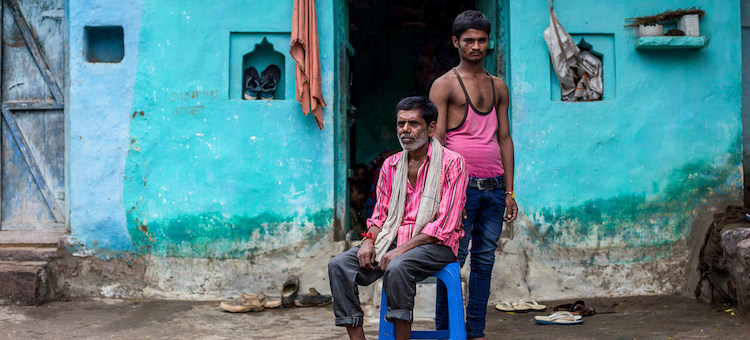
By Radwan Jakeem
NEW YORK (IDN) — The UN Secretary-General has welcomed steps announced by the International Monetary and Finance Committee (IMFC) and the World Bank Group Development Committee, to address debt crises and other financial anguish to economies arising from the COVID-19 pandemic, “as a sign of hope and renewed multilateralism”.
In a statement issued through his Spokesperson on April 9, António Guterres said developing economies had struggled to secure enough financial resources to cope with the onset of the coronavirus crisis, “let alone to recover from it”.
Since the beginning of the crisis, the Secretary-General has called for liquidity, the statement said, through a large issuance of Special Drawing Rights (SDRs)—an instrument created by the International Monetary Fund to help supplement cash reserves—for those most in need, and a reallocation of unused SDRs.
Mr. Guterres has proposed a “three-phased approach to address debt burdens: a debt standstill, targeted debt relief for the most vulnerable, and a reform of the international debt architecture”.
In February, UN Economic and Social Council (ECOSOC) President Munir Akram called for a ‘Coalition of the Willing’ to promote agreement at the global level, on a specific set of early actions to provide fiscal space and supplementary liquidity to developing countries suffering the disastrous impact of COVID-19.
In an email interview with IDN, Mr Akram said speedy actions should include comprehensive debt suspension, debt restructuring for countries in current or potential debt distress, creation of new Special Drawing Rights (SDRs) worth $500 billion and redistribution of unutilized SDR quotas to developing countries.
Special drawing rights are supplementary foreign exchange reserve assets defined and maintained by the International Monetary Fund (IMF).
ECOSOC President also called for an expansion in concessional lending including by International Financial Institutions (IFIs), comprising multilateral, regional and national development banks with international operations, implementation of the 0.7% Official Development Assistance (ODA) target, creation of a Liquidity and Sustainability Facility to provide low-interest loans to developing countries, and mobilization of $100 billion in climate finance annually.
The coalition of the Willing would include the Group of Seven (G7), the Group of Twenty (G20), the Paris Club and the IMF Board, said Mr Akram who is also Pakistan’s Ambassador to the UN.
On April 9 the Secretary-General welcomed the IMF committee’s “concrete calls” for a new allocation of SDRs, and voluntary reallocations to countries in need. He said he was encouraged by the support given for the Debt Service Suspension Initiative (DSSI), which has provided $5 billion in temporary relief for vulnerable countries, and for the Common Framework for Debt Treatments, agreed by the G20 economies.
“Debt standstills and relief must be extended to countries that need it most—including middle income countries, which are home to more than 60 per cent of the world’s poor—without creating stigma or compromising their sovereign ratings”, the statement added.
Reforming the international debt architecture is also critical, said the UN chief noting that a debt crisis amidst the COVID-19 emergency, “would put the Sustainable Development Goals out of reach. This week’s discussions on the international debt architecture are a major step in the right direction”, he added.
The Spring meetings began on April 5 and conclude on April 11. The participants in meetings normally include approximately 2,800 delegates from member countries, 350 observer organization representatives, 800 members of the press, and 550 accredited civil society members.
As UN News reported, the Secretary-General further called on all countries and institutions to join in a global effort to “rethink the principles underpinning today’s debt architecture and urged action to “complement existing instruments with more effective debt crisis resolution mechanisms”.
He expressed great encouragement over the IMF’s and World Bank’s emphasis on a sustainable, inclusive, smart and green recovery. [IDN-InDepthNews – 10 April 2021]
Photo: The COVID-19 pandemic drastically reduced the earning power of the Singh family from Madhya Pradesh, India. Credit: UNDP India/Dhiraj Singh











